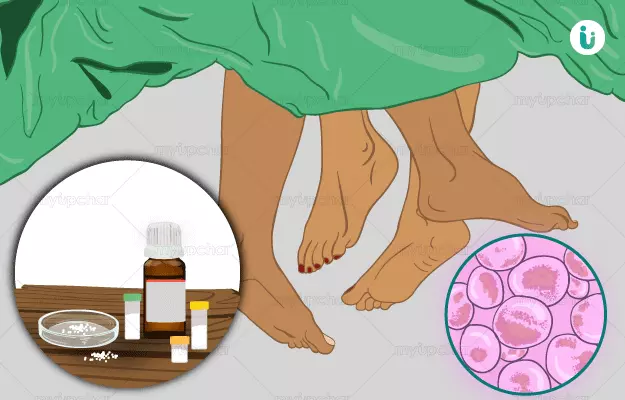Gonorrhoea, also colloquially known as the “clap”, is a sexually transmitted disease caused by a bacterium, Neisseria gonorrhoea. The disease can be transmitted by anal sex, oral sex or vaginal sex and affects mostly the genitals but also the throat, rectum and the urinary tract. In rare instances, this infection may spread to other parts of the body, affecting the heart, brain and joints.
The symptoms commonly experienced by men with gonorrhoea include burning sensation while urinating and yellow discharge from the penis. These symptoms present themselves within a week of infection. A majority of the women may not experience any symptoms at all. A few women may experience pain while urinating and an unusual discharge from the vagina. Both men and women with gonorrhoea may experience a sore throat or a discharge from the rectum after oral or anal sex. If it remains undiagnosed and untreated, gonorrhoea may lead to infertility in both men and women. Gonorrhoea is conventionally treated through antibiotics. Long term use of antibiotics may lead to several side effects including nausea, bloating and other stomach issues. It may also cause antibiotic resistance.
Homoepathic remedies are said to be very effective in the management of gonorrhoea symptoms. Healthcare practitioners consider several factors including an individual's age, gender and health (both mental and physical) before prescribing them a unique remedy. These remedies are made from natural substances and are highly diluted before use. Hence, homeopathic treatment is believed to be almost free of side effects.
Many homeopathic remedies are useful in the management of gonorrhoea. Some of these include hydrastis canadensis, sulphur, pulsatilla pratensis, sepia officinalis, oleum santali, mercurius corrosivus, cubeba officinalis, copaiva officinalis, cantharis vesicatoria, cannabis sativa, barosma crenulatum and aconitum napellus.




























